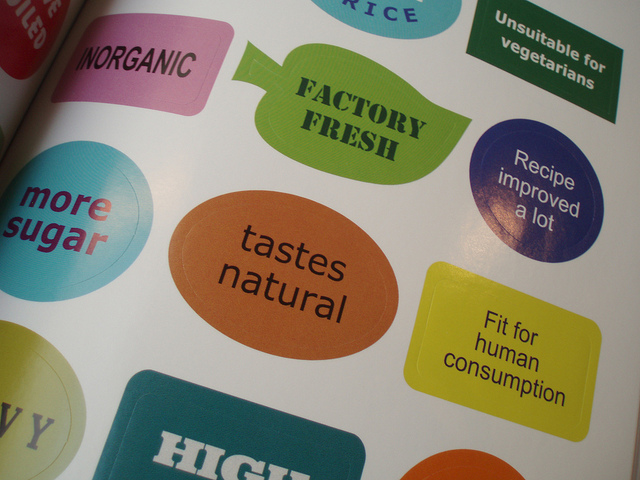GMO crops, or Genetically Modified Organisms, are crops that have had their genes tampered with by scientists in a laboratory, sometimes by splicing genes from another organism into that of the plant. In the grand scheme of things, this practice is relatively new, and the effects of them are hotly debated. Evidence and public opinion is swinging against these crops.
Is Labeling Necessary?
Many object to the practice of labeling genetically modified foods, citing that these crops have a higher yield than traditional crops, and without this process, it would be impossible to get the same amount of food from a limited amount of arable land. Advocates of the practice insist that it is functionally no different from the kind of selective husbandry that humans have been utilizing. Those who are for labeling point to studies that suggest that these kinds of plants can be injurious to human health.
The U.S lags in Labeling
The United States is one of the few industrialized nations that do not require foods from genetically modified crops to be labeled as such. All of the European Union countries require foods that contain more than 9% modified content to be labeled. New Zealand, Australia, India, China, and Japan, are a few other countries who require GMO foods to be clearly labeled once a certain percentage of modified content is reached. In addition, even poor countries have refused genetically modified foods that were included in relief efforts for fear that they are dangerous.
The GMO Labeling Bill
In May of 2013, the U.S. Senate roundly rejected a bill that would have allowed states to decide individually if they wanted labeling in their area. In a vote of 71 to 27, the right of states to determine if these labels were required was defeated. States such as Connecticut and Vermont, which have or are considering labeling bills, may be able to be sued by companies such as Monsanto for overstepping federal guidelines. Despite this, it seems some states refuse to back down, and many others are at least considering such a measure.
The Future of Food Labeling
Certain food manufacturers hotly protest the notion that these foods are in any way harmful to humans, and it seems that these manufacturers intend to continue the fight against labels. Grassroots political groups oppose them, as well as select politicians, but it is yet uncertain whether these groups will gain enough steam to prevail in this fight. Those who feel strongly about food labeling would do well to consider writing letters to their representatives, as well as joining up with a group that supports their beliefs. The science regarding these foods is highly divided, and more data is being added every day. Those who want to contribute to this debate are encouraged to look at a variety of aspects of the argument, such as nutritional value, long-term health effects, environmental impact and crop yields before making up their minds. Above image source: Flickr/tiffany terry




